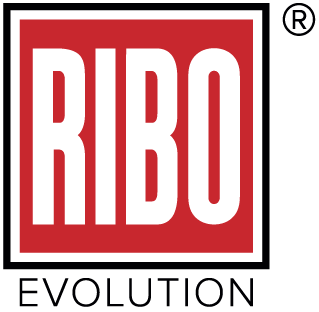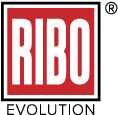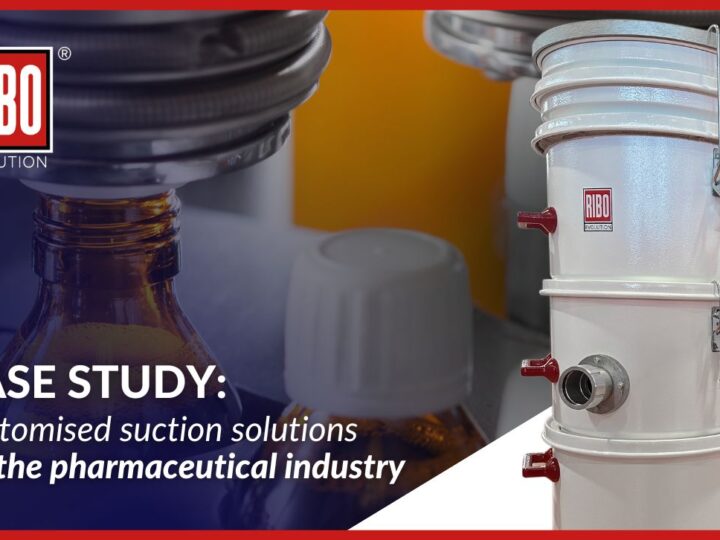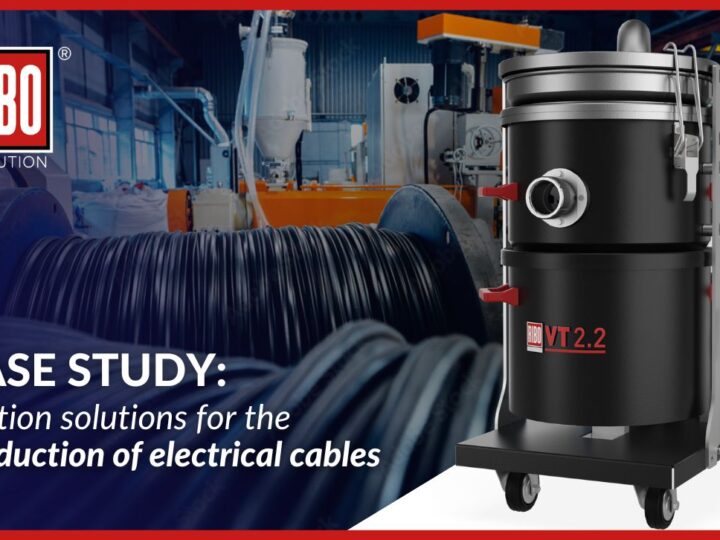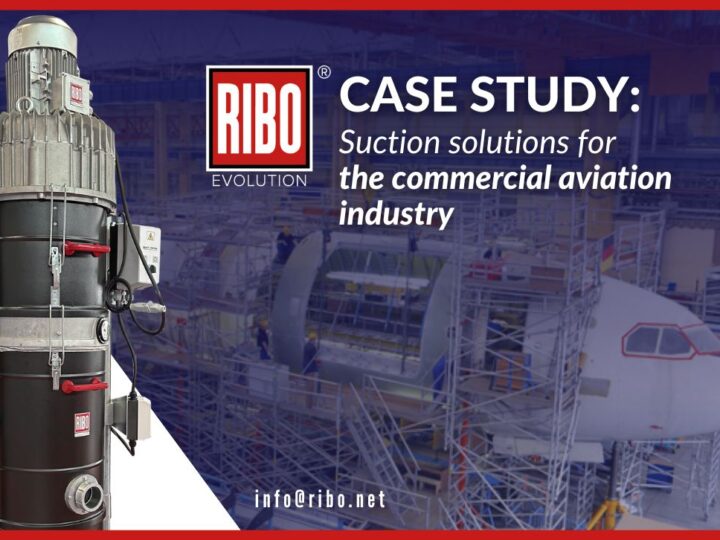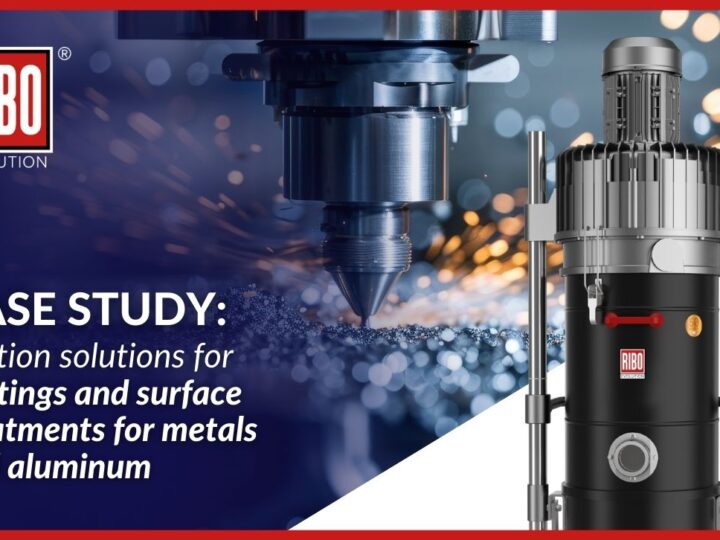
The coffee industry, with its complex production chain, provides one of the most popular and globally consumed beverages. The coffee production process ranges from plantation cultivation to roasting to grinding the beans. In this article, we will examine how RIBO MK line suction solutions have revolutionized the production process of a company specializing in coffee production, ensuring a safe and hygienic working environment and optimizing efficiency throughout the entire production chain.
Waste management along the stages of the coffee production chain
At each stage of coffee production, distinct waste is generated, contributing to the complexity of the process. Below is a detailed analysis of the main steps and the related waste produced that require vacuuming:
- Plantation cultivation, berries picking and sorting
During ripe fruits harvesting, whether manual or mechanical, waste such as leaf fragments, twigs, and other plant debris may be formed and transported in-house.
- Extraction
During the extraction of grains from the berries, waste such as shells and films may be generated.
- Selection
The sorting stage can generate waste in the form of unsuitable grains. The management of these unselected grains is critical to avoid contamination and preserve the quality of the selection.
- Roasting
During the roasting process, shells and outer films of the grains can separate and become waste. In addition, fragments or dust may also form during the cooling of roasted grains.
- Blending
During the blending of different coffee varieties, waste such as unwanted fragments can occur. Careful management of these scraps is crucial to maintaining the consistency of blends.
- Grinding
Coffee grinding generates fine powders. Efficient extraction of these dusts is essential to ensure a hygienic working environment and protect the quality of the grind.
- Packaging
At the packaging stage, waste may include residues from packaging materials. Proper management of these scraps helps to ensure that the product is packaged in a hygienic and safe condition.
The presence of all this waste presents a challenge in terms of cleanliness and safety of the work area of the company in question that produces coffee. To meet these needs, the company in question chose the MK RIBO line, guaranteeing optimal suction at every stage of the production chain.
What are the suction needs of the coffee company
The suction needs of a coffee company that produces coffee and controls its entire production chain from cultivation to packaging include several key objectives that must be met:
- Safeguarding product quality
The presence of dust in the work environment can affect the quality of the final product.
- Protection of workers’ health
Prolonged exposure to coffee dust can have adverse effects on workers’ health.
- Regulatory compliance
Companies in the food industry, including coffee production, are subject to strict hygiene and safety regulations. An industrial vacuum system is essential to ensure that the company meets the required safety and hygiene standards.
- Adaptability to different production stages
Since coffee production involves several stages, from raw material cleaning to roasting and grinding, the vacuum system must be adaptable to each of these stages.
To meet this challenge, the coffee company, chose to install the RIBO vacuum cleaner from the MK line, ensuring optimal suction at every stage of the production chain.
MK RIBO vacuum cleaners for the coffee industry
In the specific context of the coffee industry, our client has successfully adopted the MK3/P vacuum cleaner belonging to RIBO MK line. This model, which specializes in the suction of solid and dry dust and materials, has proven to be highly effective, successfully integrating into every stage of the coffee production process, from raw material cleaning to processing, roasting and grinding.
RIBO MK line emerges as a complete solution for all industrial needs, especially in the most demanding applications. In addition, this range of vacuum cleaners offers different versions with powers ranging from 2200W to 3300W, ensuring a flexible choice according to specific needs.
